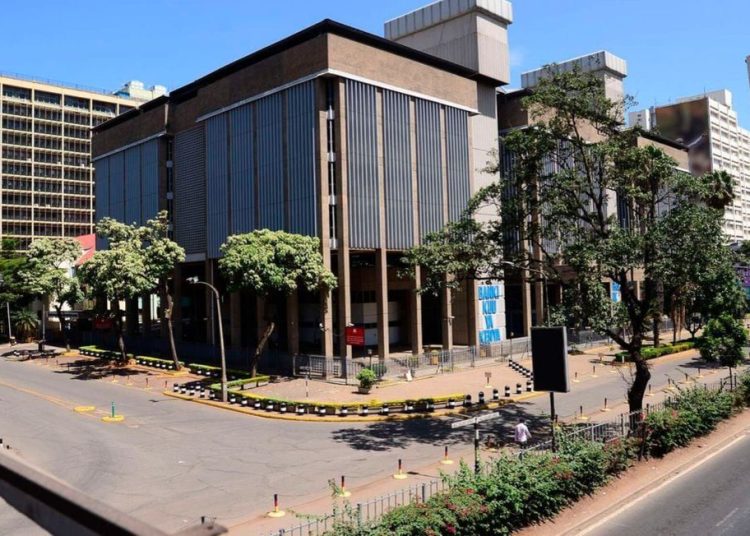Commercial banks leaned on the Central Bank of Kenya (CBK) for record-high liquidity support of nearly Ksh100 billion ($668 million) on Monday.
The injection signalled a short-term cash crunch that is partly linked to the Sh44.15 billion tea bonus payment to farmers, the EastAfrican reports.
The CBK, noting that liquidity was skewed in the market, offered to inject Ksh50 billion ($334 million) via seven-day reverse repurchase agreements (repos), but banks made bids worth Ksh99.87 billion ($667.13 million), all of which were accepted by the CBK at an average interest rate of 12.87 percent.
Reverse repos are a form of securitised borrowing by banks from the regulator, using their holdings of Treasury bills and bonds as collateral.
The amount injected on Monday eclipsed the previous high of Ksh87 billion ($581.16 million) that was lent to banks by the CBK on June 19, 2023.
The decision by the CBK to accept the bids that were in excess of the initially targeted Ksh50 billion on Monday was also a departure from the normal practice where the regulator normally sticks to its injection target.
For instance, on July 24, the CBK stuck to its target of Ksh20 billion ($133.6 million) in reverse repos despite banks’ bids standing at Ksh81 billion ($541 million). The requests for liquidity support via the repo instrument mainly came from tier one lenders, a banker who spoke to the Business Daily on condition of anonymity said.
The banker added that demand for liquidity “came mainly from banks involved with the tea bonuses, coupled with the fact that liquidity was already tight in the market”.
The Kenya Tea Development Agency (Holdings) Limited (KTDA) started paying out tea bonuses to an estimated 600,000 farmers affiliated with its 54 factories on October 2, for their supplies for the financial year ended June 30.
The payment period was expected to last for two weeks and was made alongside payments for green leaf supplied in September.
Read more in The EastAfrican












